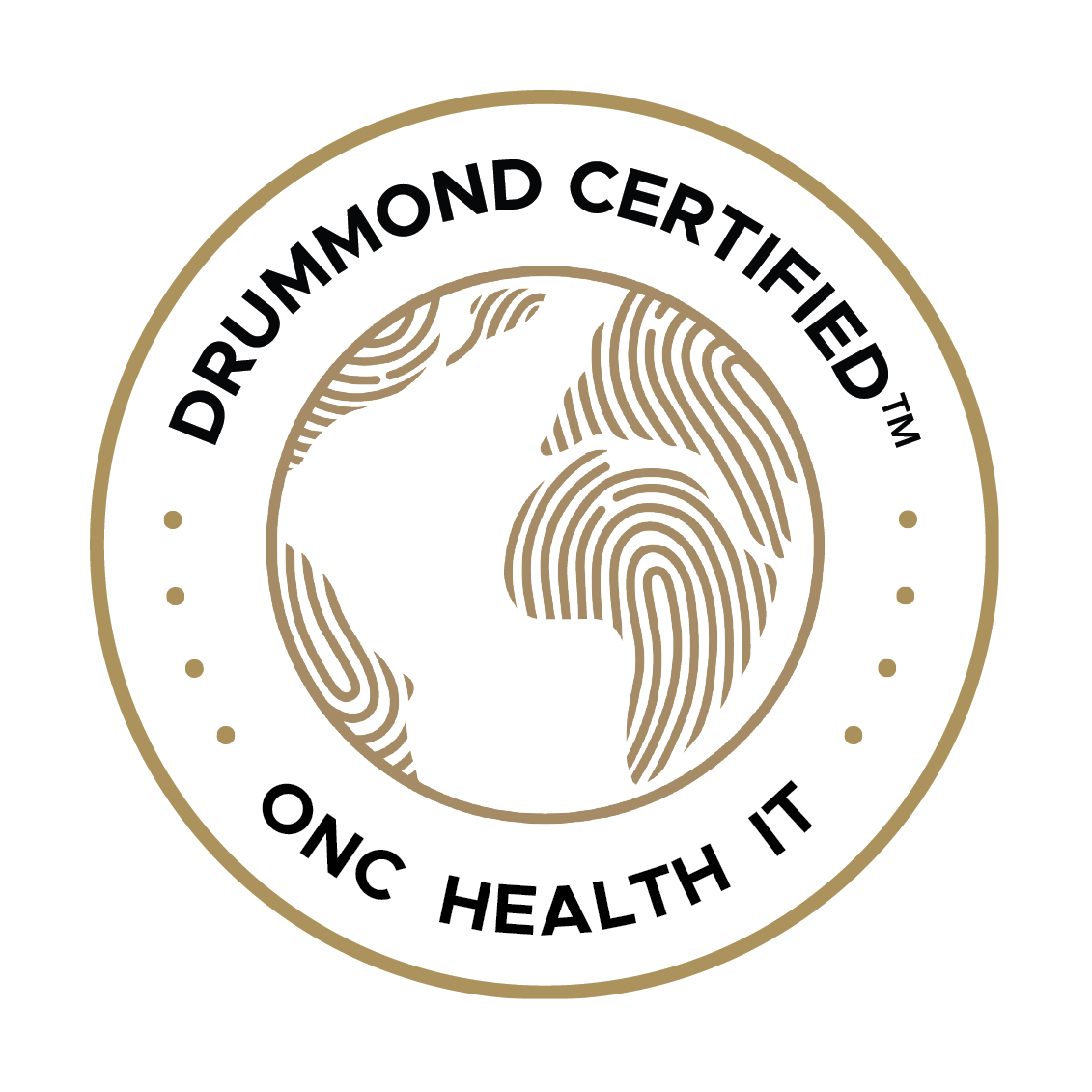As the healthcare landscape evolves, many cardiology practices shift from the traditional fee-for-service (FFS) model to value-based care. This transition reflects a growing focus on prioritizing patient outcomes over the volume of services provided.
By emphasizing healthcare efficiency and improved outcomes, value-based care is transforming the way cardiology practices deliver patient care, especially when addressing chronic conditions common in cardiac patients.
Understanding Value-Based Care
Value-based care is a patient-centered model that focuses on improving the quality of care rather than maximizing the quantity of services. Unlike traditional fee-for-service models that incentivize more frequent treatments, value-based care rewards providers for achieving better patient health outcomes, optimizing resource use, and reducing overall healthcare costs.
This approach has specific benefits in cardiology, especially when dealing with complex cases like heart disease, where long-term management and frequent monitoring are crucial.
Practices adopting value-based care can enhance patient satisfaction and healthcare efficiency, while patients benefit from more coordinated, proactive care.
The Case for Cardiology Practices
Addressing the Unique Challenges of Cardiology Practices
Cardiology practices often manage patients with chronic conditions such as hypertension, coronary artery disease, and congestive heart failure, which require extensive, ongoing care.
With the rise of value-based care models, cardiology practices can better manage these complexities by focusing on continuous patient engagement and outcome improvement rather than simply increasing the volume of visits.
By adopting a value-based approach, cardiology practices can tackle significant industry challenges, including high hospitalization rates, treatment adherence, and chronic care management. This model enables them to enhance patient outcomes and unlock financial incentives for quality performance.
Benefits of Value-Based Care for Cardiology Practices
Improved Patient Outcomes
Value-based care emphasizes long-term health, helping cardiology practices lower patient risks by preventing acute incidents and encouraging proactive management.
Enhanced Care Coordination and Patient Satisfaction
Through structured care plans, value-based care fosters better coordination among healthcare providers, improving patient experience and satisfaction.
Increased Revenue Opportunities
Financial incentives can benefit practices by demonstrating improved patient outcomes, making value-based care a potential source of increased revenue.
Metrics to Track Success in Value-Based Care
Successfully adopting a value-based care model in cardiology requires tracking specific metrics to assess improvement in patient outcomes, operational efficiency, and financial performance.
Key metrics include:
- Patient Outcome Metrics: Track hospital readmission rates, adverse cardiac events, and chronic condition stabilization. These metrics help gauge the effectiveness of chronic care management.
- Patient Satisfaction Scores: Survey patients on their care experience and satisfaction to ensure your practice meets quality expectations.
- Revenue Cycle Metrics: Monitor collections and reimbursements tied to value-based incentives to evaluate financial health and growth potential.
- Operational Efficiency Metrics: Measure appointment adherence, care plan completion rates, and time spent per patient to ensure the practice maintains optimal workflow efficiency.
Tracking these metrics provides cardiology practices with critical insights that ensure continuous improvement and guide strategic adjustments for a successful value-based model.
Key Strategies for Implementation
Transitioning to value-based care in cardiology requires actionable strategies that align with the model’s core principles. Here are some essential steps cardiology practices can take:
Leverage Technology
Utilizing robust EHR systems like GEMMS ONE EHR can help practices streamline cardiology-specific workflows. With tailored workflows and interoperability features, GEMMS ONE EHR enhances the seamless sharing of patient data across platforms, ensuring healthcare providers have access to accurate and timely information.
This interoperability is crucial for providing coordinated care and maintaining efficient revenue cycle management.
Focus on Chronic Care Management
Cardiology practices must prioritize chronic care management to prevent hospital admissions. Effective chronic care management relies on care managers to oversee treatment adherence and educate patients on lifestyle adjustments, helping them manage their conditions and avoid unnecessary complications.
By proactively monitoring chronic conditions, practices can enhance patient outcomes while controlling costs.
Engage Patients
Patient engagement is integral to the success of value-based care. Cardiology practices should invest in patient education and leverage tools for remote monitoring and telehealth to maintain regular contact with patients. This engagement fosters better health habits and keeps patients informed about their care plans, further promoting healthcare efficiency.
Through encouraging patient involvement, practices can achieve better health outcomes and reduce unnecessary readmissions.
Overcoming Barriers to Adoption
Transitioning to value-based care poses challenges for cardiology practices, including initial financial investments, workflow adjustments, and team training.
Partnerships with supportive platforms like GEMMS can provide cardiology practices with the tools and resources needed to overcome these obstacles, offering training, technical support, and software tools, explicitly designed to meet the unique needs of cardiology practices.
Financial Implications of Value-Based Care for Cardiology Practices
Adopting a value-based care model involves an initial financial investment in technology, training, and possibly staff expansion, but the long-term benefits can outweigh these costs. While the fee-for-service model offers predictable, volume-based income, value-based care provides incentives for quality outcomes and reductions in overall care costs.
- Initial Investments: Practices may need to invest in integrated technologies such as EHR systems and training for staff to adapt to new workflows.
- Long-Term Financial Benefits: Practices that successfully implement value-based care often see increased revenue through incentive programs, reduced costs from fewer patient readmissions, and the added advantage of improved patient loyalty.
- Enhanced Revenue Cycle Management: With the focus on efficient care, value-based practices can streamline revenue cycle management, ensuring they maximize reimbursements tied to quality and patient outcomes.
Understanding these financial dynamics can help cardiology practices make informed decisions, balancing initial costs with potential long-term gains.
Future of Value-Based Care in Cardiology
The adoption of value-based care in cardiology practices is likely to grow as technology advances.
Innovations in EHR systems, remote patient monitoring, and artificial intelligence will play a critical role in supporting value-based care, helping cardiology practices improve patient outcomes and healthcare efficiency even further.
Cardiology practices will be better positioned to deliver cost-effective, outcome-focused care as they become more adept at using these tools.
Adopt Value-Based Care Models with GEMMS ONE
The shift to value-based care represents a pivotal opportunity for cardiology practices to enhance patient care and financial stability. Cardiology practices can thrive in this evolving healthcare landscape by improving patient outcomes through better care coordination, chronic care management, and patient engagement.
For cardiology practices looking to start their journey toward value-based care, consider exploring GEMMS ONE EHR for comprehensive, cardiology-focused solutions tailored to meet the demands of modern healthcare.




